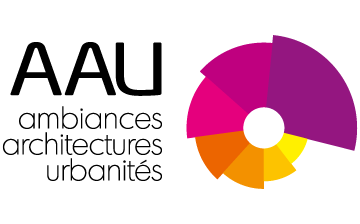FR
- Architectural Research and the Anthropocene: An Ethical Imperative (Pages 1-21)
- Critical Models, Compasses and Scenarios for Contemporary Architecture (Pages 23-59)
- The Possibility of Emancipatory Architectures (Pages 61-90)
- Architecture and Living Beings: More than Just Inspiration (Pages 91-134)
- Bioregional Architectures Toward Decolonization (Pages 135-188)
EN
abstract
Is there a moral obligation in the scientific communities of architecture, urban planning, and landscape design to address the current ecological situation? Should one freely address—or not—ecological issues in his/her research, or is it possible to talk about an anthropocenic “ethical imperative” that may urge everyone to confront the current ecological urgency? Investigating from the perspective of architecture, urban planning, and landscape design while also investigating the fields themselves, this chapter aims to deconstruct six “cognitive escape strategies” that resist the ethical imperative posed by the current environmental situation, before drawing the necessary ethical and political conclusions. These six avenues are key entry points to discussing the ontological, psychological, or political mechanisms that might lead researchers to refuse the moral imperative posed by the ecological situation planet-wide. In doing so, this chapter seeks to explain the widespread disregard for environmental issues in architectural research—or rather, to elucidate and deconstruct some of its probable causes.

